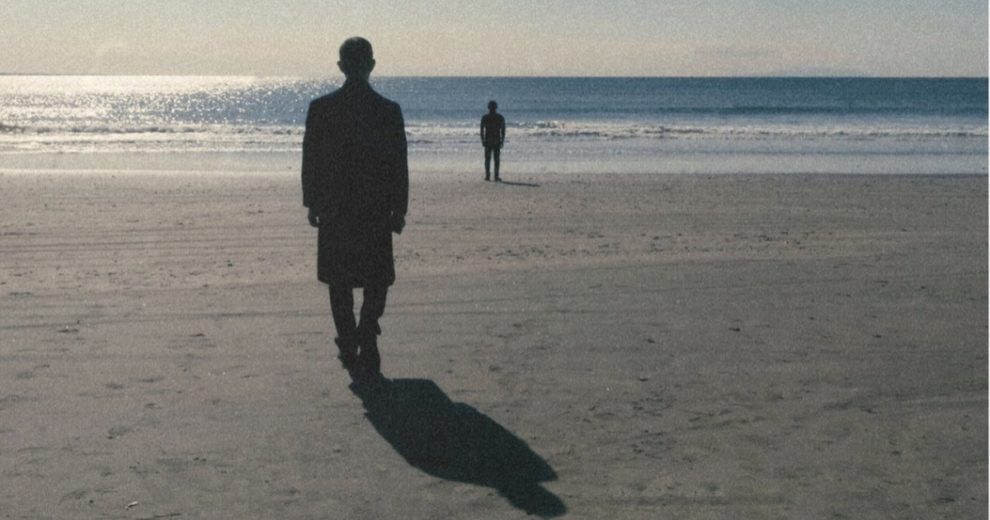During the latest years, a kind of a trend has emerged, particularly in the Korean indie industry, with films that are sci-fi in conception, but present themselves mostly as social dramas than the action/SFX heavy movies of the past. Masakazu Hattori also implements this approach in his graduation project, although a bit more action-centered, in a Japanese indie.
“Frontier” is screening at Japan FilmFest Hamburg

Kaito, a teacher of robotics, has constructed an android, Akira, who is deeply devoted to him. However, after his brother's death, Kaito turns away from Akira, who ends up getting recruited by OSI, a company that is preparing a mission to Mars. In the meanwhile, Haruki, the aforementioned brother, reappears and Kaito becomes overprotective of him, not allowing him to even get out of the house. The appearance of a beautiful courier, Nami, changes things for Haruki, although the sense that something very strange is going on between him and his brother is rather palpable. In the meanwhile, OSI CO Shiguchi and CEO Osamu have some plans for Kaito he does not agree with, and inevitably, violence eventually erupts.

Allow me to start with the negative aspects of the movie, most of which revolve around the narrative. Masakazu Hattori tried to invoke a sense of mystery in the story, by mixing timelines, and presenting the situation with Kaito and Haruki in enigmatic fashion, particularly since the intro clearly states that the latter is dead. This approach, however, is more disorienting than Hattori probably intended, to the point that it becomes annoying, particularly since some of the questions rising through the movie are never actually answered, despite the fact that a general explanation is given in the end. Furthermore, the coincidences go a bit too far, the various arcs are too many, the action scenes badly shot, particularly due to the evident low budget of the production, and the ending, as is, unfortunately the case in a plethora of Japanese movies, unnecessarily prolonged.
“Frontier” however, is not without merits, since the social and philosophical comments presented are quite interesting. The concept of the android, and the way Isaac Asimov's theories approached it are juxtaposed with the concept of what is human nature, in a way that emerges as rather intriguing. The all-time questions regarding the implementation of artificial intelligence and even sentiments in an android are also touched upon here, with the same applying to issues astronauts face with their families, particularly because they are absent for many years. The concepts of family, grief, overprotection, false ambition also come to the fore, adding much depth to the narrative. The romance, on the other hand, is a bit misrepresented, as it seems like a forced effort to include some popular elements in the film, with the same applying to the action aspect.
The cinematography also emerges as rather intriguing, despite the low budget, with a number of images, particularly the ones by the sea, being quite beautiful, while the sense of claustrophobia that dominates the relationship between the two brothers is communicated nicely through the framing.
In the end, “Frontier” is a mixed bag, with the positive parts being as many as the negative ones, while it also becomes evident that it would work much better as an indie drama filled with philosophical commentary, without the action and romance elements. As a curio though, it definitely deserves a watch, at least for the most part.















